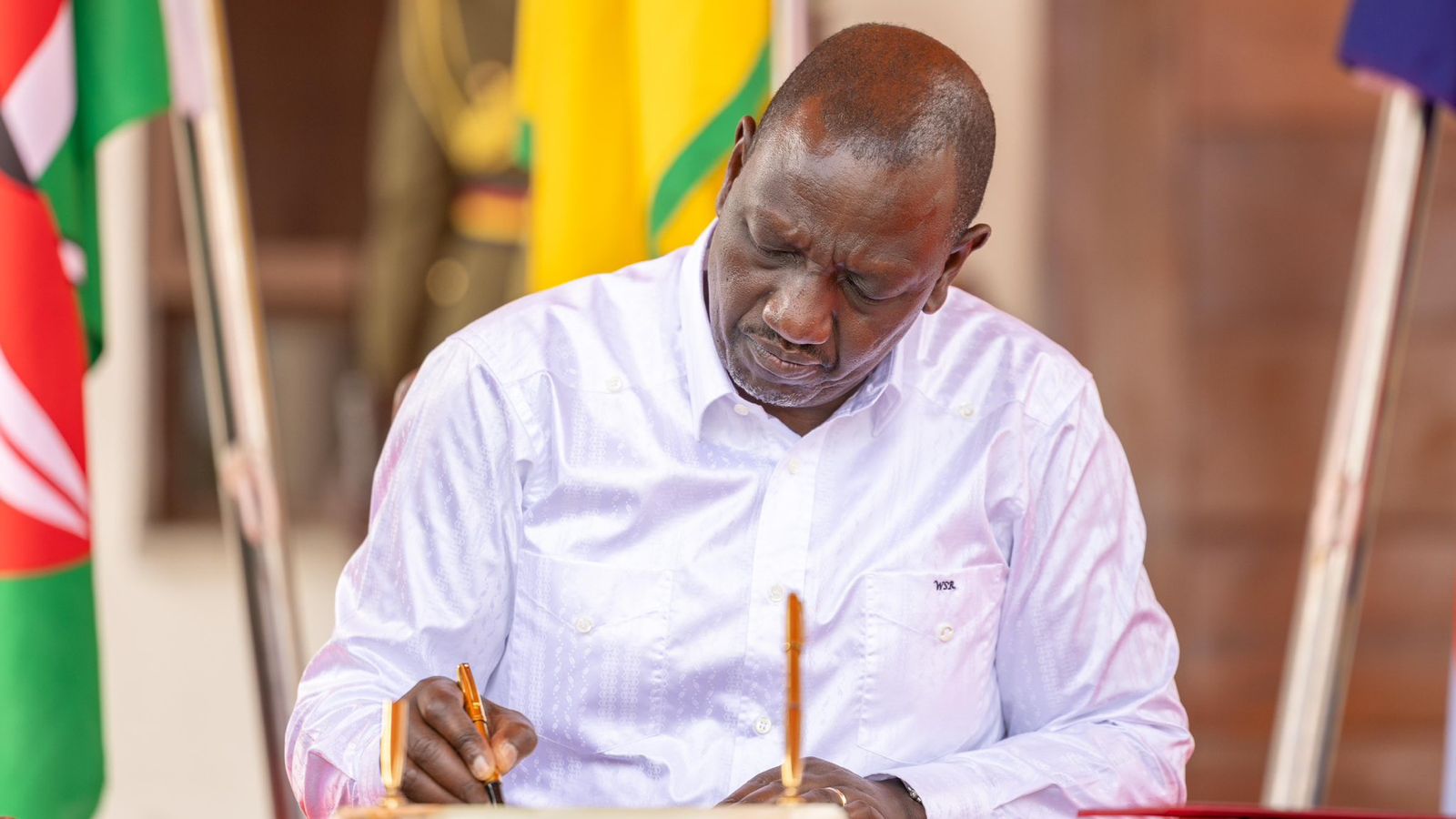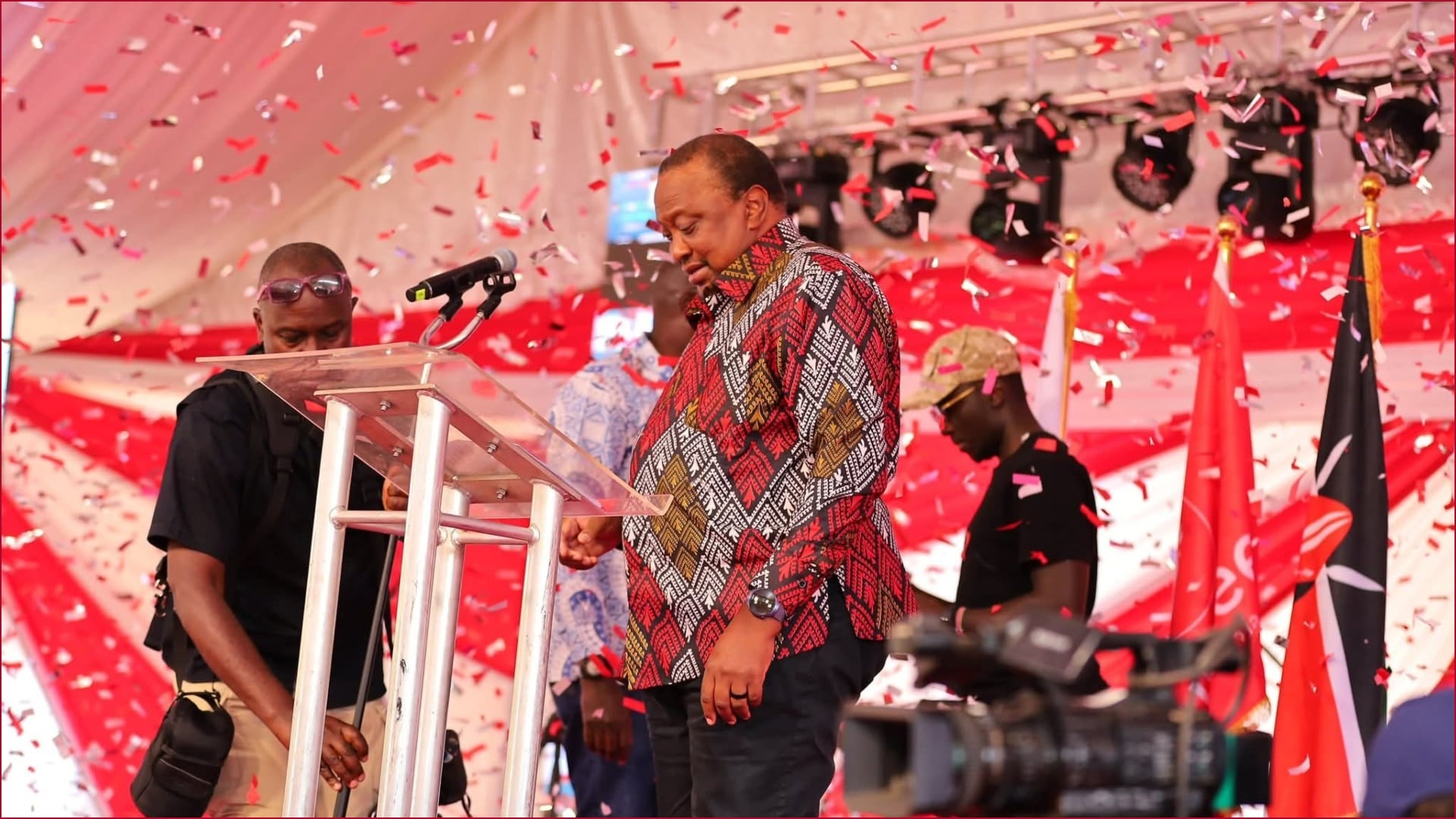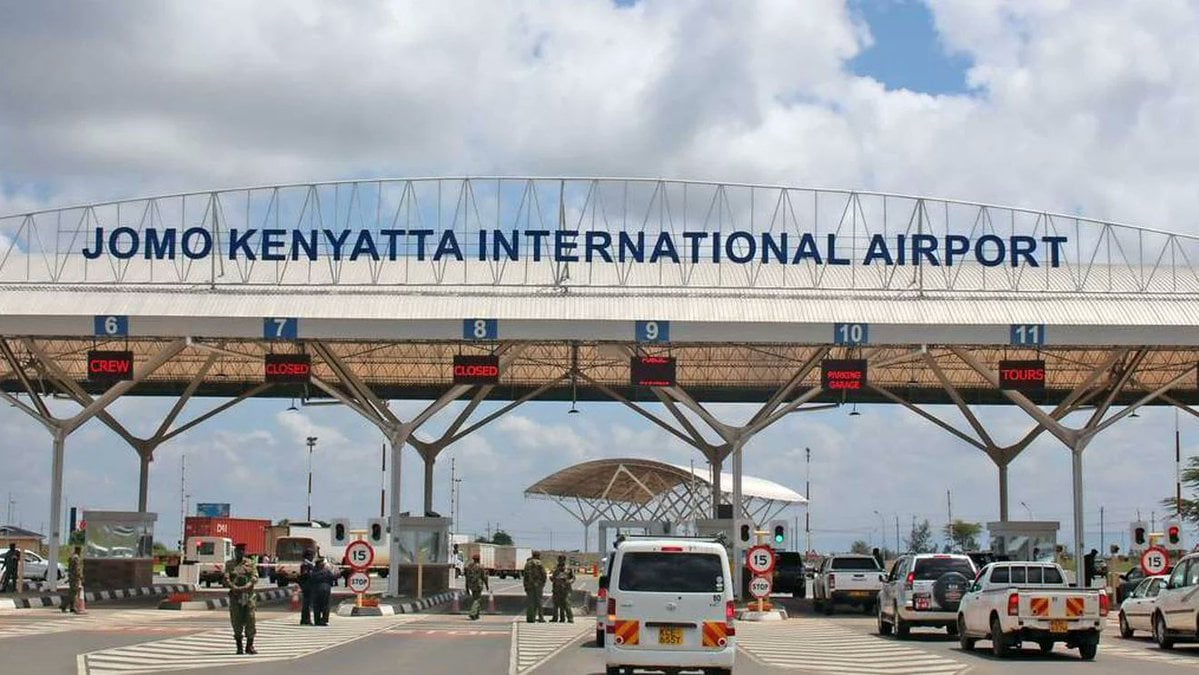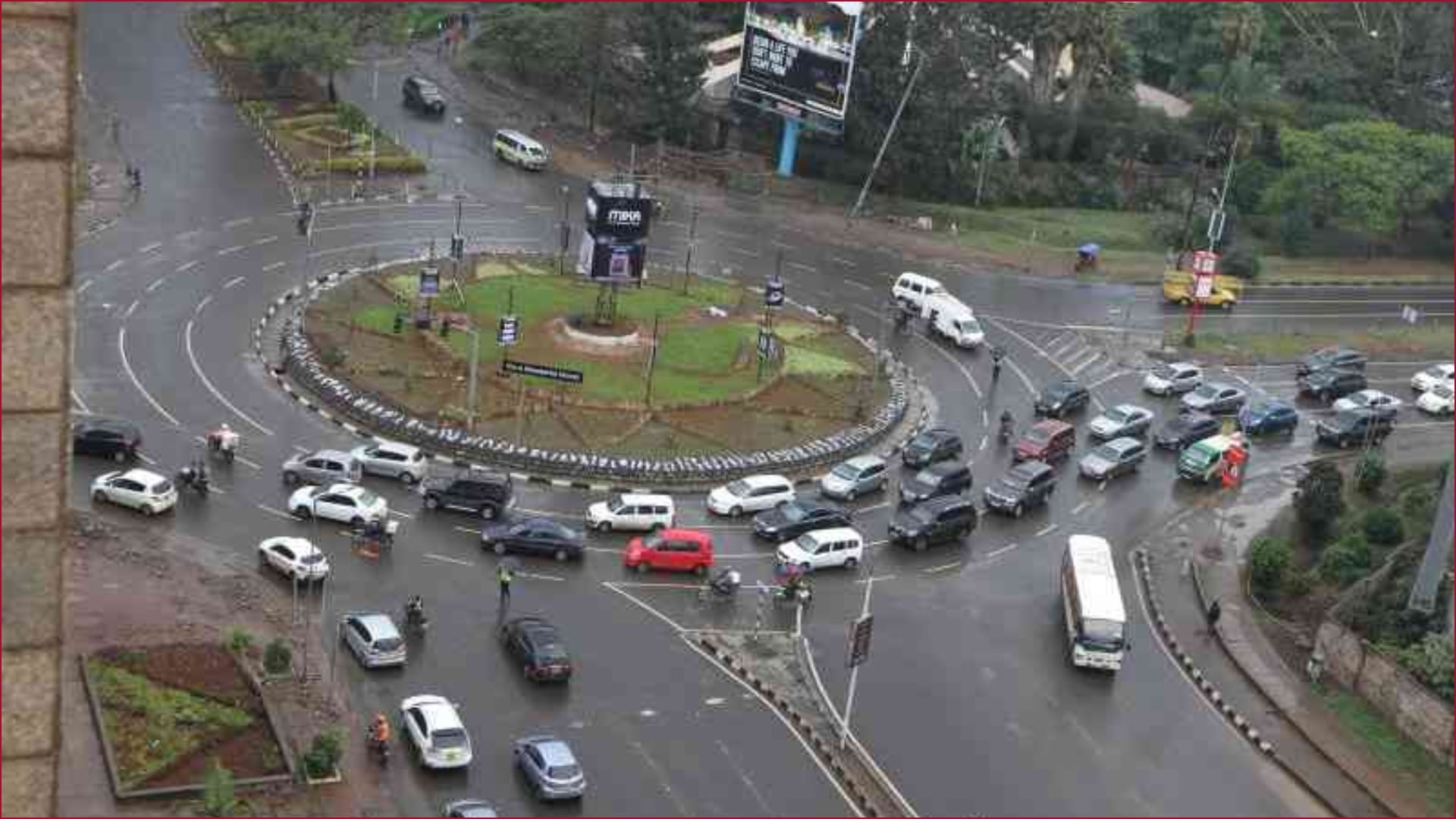President William Ruto has signed into law the County Allocation of Revenue Bill, 2025, and the County Public Finance Laws (Amendment) Bill, 2023, paving the way for the disbursement of a record Ksh415 billion to all 47 county governments in the new financial year.
In an update on Wednesday, August 13, Ruto said the new development represents an increase of nearly Ksh30 billion from last year’s allocation of Ksh387.4 billion.
"We have increased the equitable share of revenue to Ksh415 billion among our 47 Counties, representing a rise of almost Ksh30 billion from the previous financial year’s Ksh387.4 billion.
"The significant increase in the funds underpins our commitment to mobilising more resources to support devolution and boost service delivery to the people at the grassroots,” he said.
For the 2025/26 financial year, the Bill allocates a total of Ksh415 billion to county governments, representing 21.6% of the audited national revenue for the 2021/22 financial year.
Read More
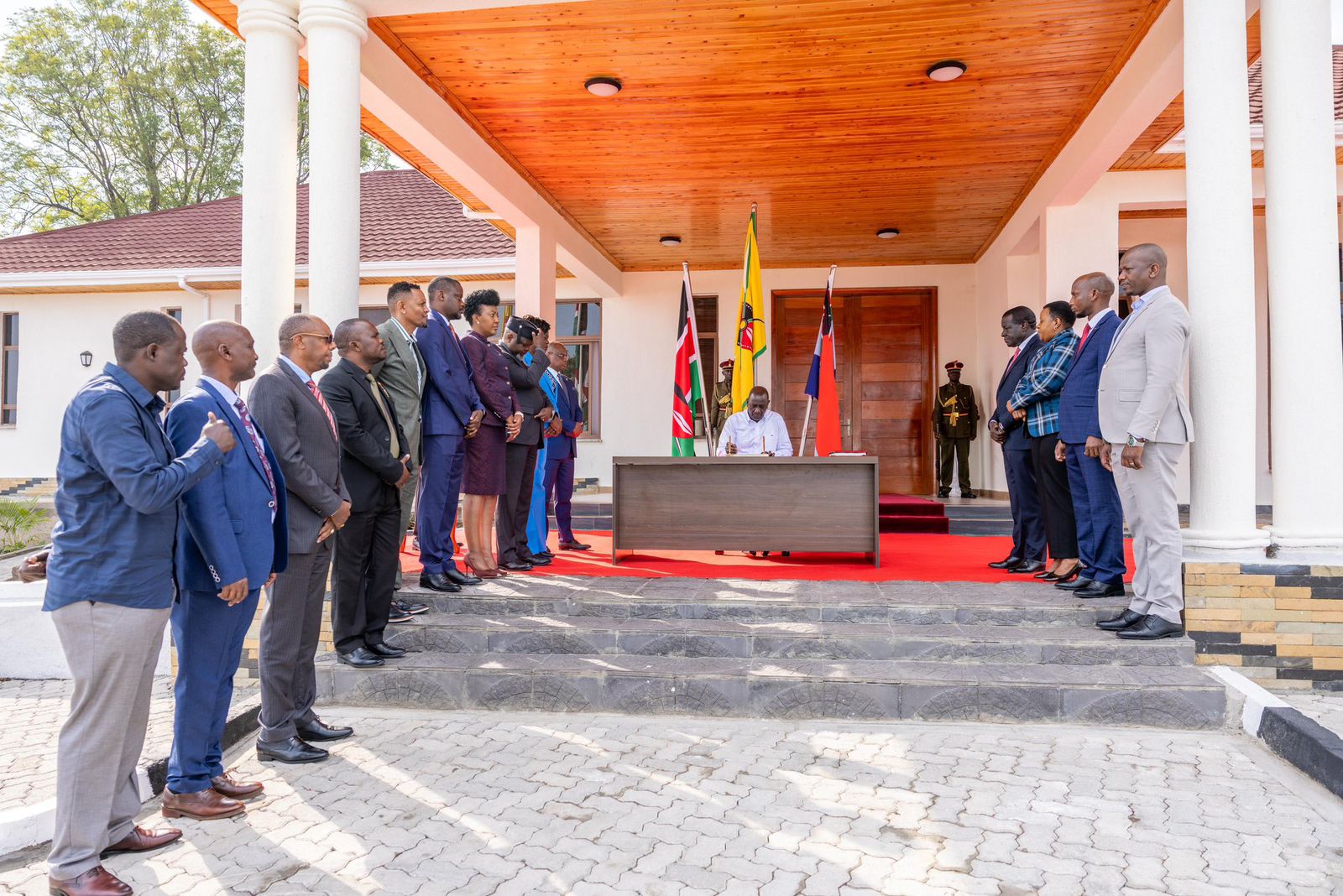
The distribution of the funds is guided by the Fourth Basis Formula for Revenue Sharing; this formula considers factors such as population size, land area, poverty levels, and development needs to ensure fairness and address regional disparities.
For instance, Nairobi County receives the largest share at Ksh21.4 billion, followed by Nakuru County (Ksh14.4 billion), Turkana County (Ksh13.89 billion), Kakamega County (Ksh13.6 billion), and Kiambu County (Ksh13.07 billion), while Lamu County receives the smallest allocation at Ksh3.85 billion.
The Bill establishes a clear legal and financial framework to ensure transparency and accountability in the use of these funds.
It mandates that all transfers be recorded in county treasuries’ financial statements and deposited into County Revenue Funds according to a Senate-approved payment schedule.
Additionally, the Bill allows for supplementary allocations from national revenue, as well as loans and grants from development partners.
Initially, the Commission on Revenue Allocation (CRA) proposed a slightly higher figure of Ksh417.4 billion, but a mediated agreement settled on Ksh415 billion.
The Bill follows the assent of the Division of Revenue Bill, 2025, signed into law by Ruto on July 8, 2025, which set the broader framework for revenue sharing between national and county governments.
On the other hand, the County Public Finance Laws (Amendment) Bill, 2023, addresses issues like delayed budgeting, lack of transparency, and weak oversight.
Key provisions include stricter budget submission timelines synchronized with the national fiscal calendar to ensure timely service delivery.
It mandates enhanced oversight by County Assemblies through regular budget implementation reports and quarterly expenditure reviews.
Additionally, the bill promotes transparency by requiring meaningful public participation in budget processes and standardized financial reporting formats prescribed by the National Treasury for consistency and easier auditing.
